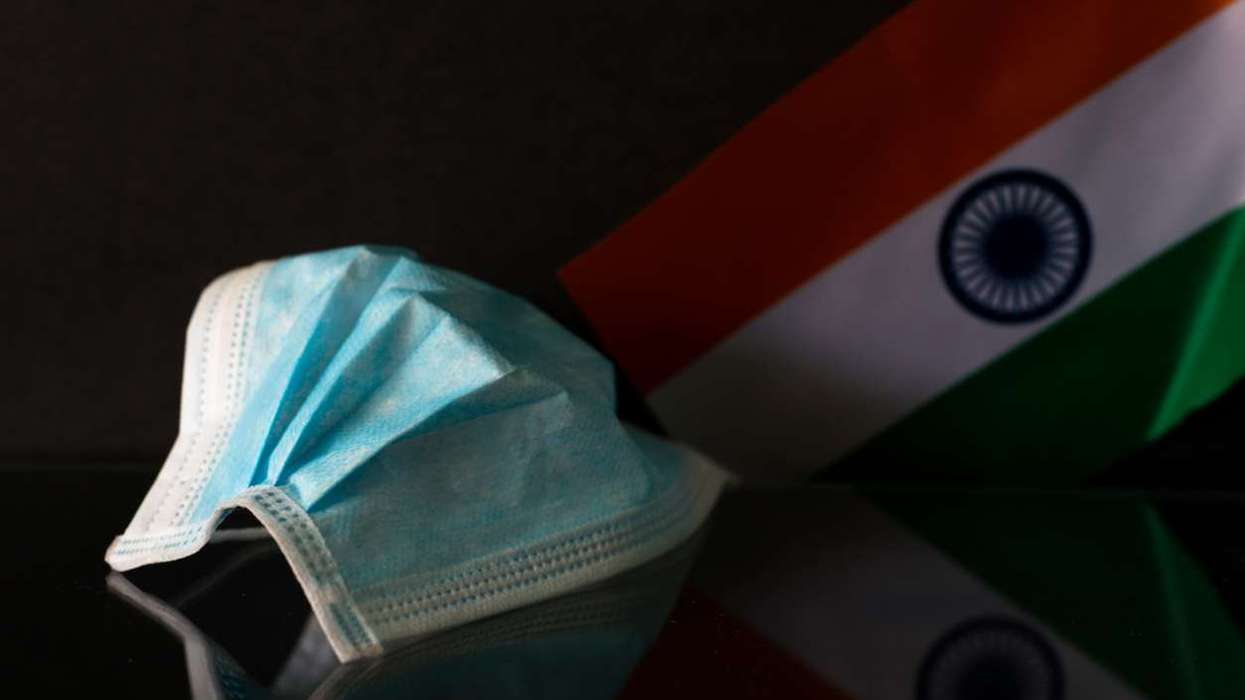Ascott Targets 12,000 Keys in India by 2028
THE ASCOTT LTD, part of Singapore-based CapitaLand Investment, aims to double its India inventory to 12,000 keys by 2028, up from about 5,500 units at the end of 2024, to target growing domestic tourism. It signed deals in the first quarter of 2025 for three properties in Goa, Lucknow and Thanjavur, adding 600 keys.
This brings its India portfolio, including operating and pipeline assets, to 6,100 keys across 22 properties, Ascott said in a statement.
“India is an important inbound and outbound market for Ascott, with strong growth potential as it evolves into one of the world’s largest economies,” said Kevin Goh, Ascott’s CEO. “A growing middle class, rising disposable incomes, and improving infrastructure are unlocking opportunities in India’s travel and hospitality sectors. Despite this promising outlook, branded hotel room supply remains limited, creating a demand-supply gap that offers significant potential for Ascott’s contribution to the country’s hospitality growth.”
Ascott operates 980 properties globally across serviced apartments, hotels, resorts and social living spaces. In India, it runs seven serviced apartments across six cities.
Goh said that diverse demand drivers are fueling India’s hospitality sector, and Ascott is well-positioned to capitalise on this growth with its flex-hybrid model, which adapts to both transient and extended stays.
“This competitive edge is reinforced by Ascott’s multi-typology brand strategy, enabling us to serve every type of guest with a diverse portfolio ranging from select- to full-service operations,” he said. “Backed by the in-market expertise of our local team, we are confident in delivering exceptional value to our owners while enhancing the guest experience. As we strengthen our brand presence in India, we believe the country will become a key source market for Ascott’s properties worldwide.”
Currently, 85 percent of Ascott’s operating portfolio in India is concentrated in tier 1 cities like Bengaluru, Chennai and Hyderabad, with plans to expand into tier II and III cities alongside existing markets.
“Moving forward, our growth strategy in India will focus on both geographic and brand expansion,” said Lee Ngor Houai, Ascott’s COO for EMEA, South Asia, and China. “We will continue to strengthen our presence in these high-performing Tier 1 cities, while also expanding into the fast-growing Tier 2 and Tier 3 cities. This strategy is driven by growing interest in India’s lesser-travelled destinations and the significant under-penetration of branded hotels in these cities.”
Ascott currently operates properties under the Citadine, Oakwood and Somerset brands and plans to introduce its ‘lyf’ brand, targeting millennial and Gen Z customers.
Ngor Houai said that the company looks forward to launching more of its multi-typology brands in India. “We see strong potential in introducing lyf, our experience-led social living brand, to tap into the rise of India’s urban millennial and Gen Z workforce, along with the growing digital nomad trend.”
“As demand for flexible, community-focused stays grows, lyf aligns perfectly with India’s next-gen travellers,” he said. “Furthermore, our collection brands, The Unlimited Collection and The Crest Collection, are poised to meet the rising demand for immersive cultural and heritage experiences in India, transforming stays into unforgettable journeys.”
A recent Horwath HTL report found that India’s hotel industry is set to surpass 300,000 rooms by 2029, adding over 100,000 rooms. This growth is driven by increasing religious tourism, rising prosperity, and key infrastructure projects, with a supply pipeline focused on leisure destinations and religious hubs.






